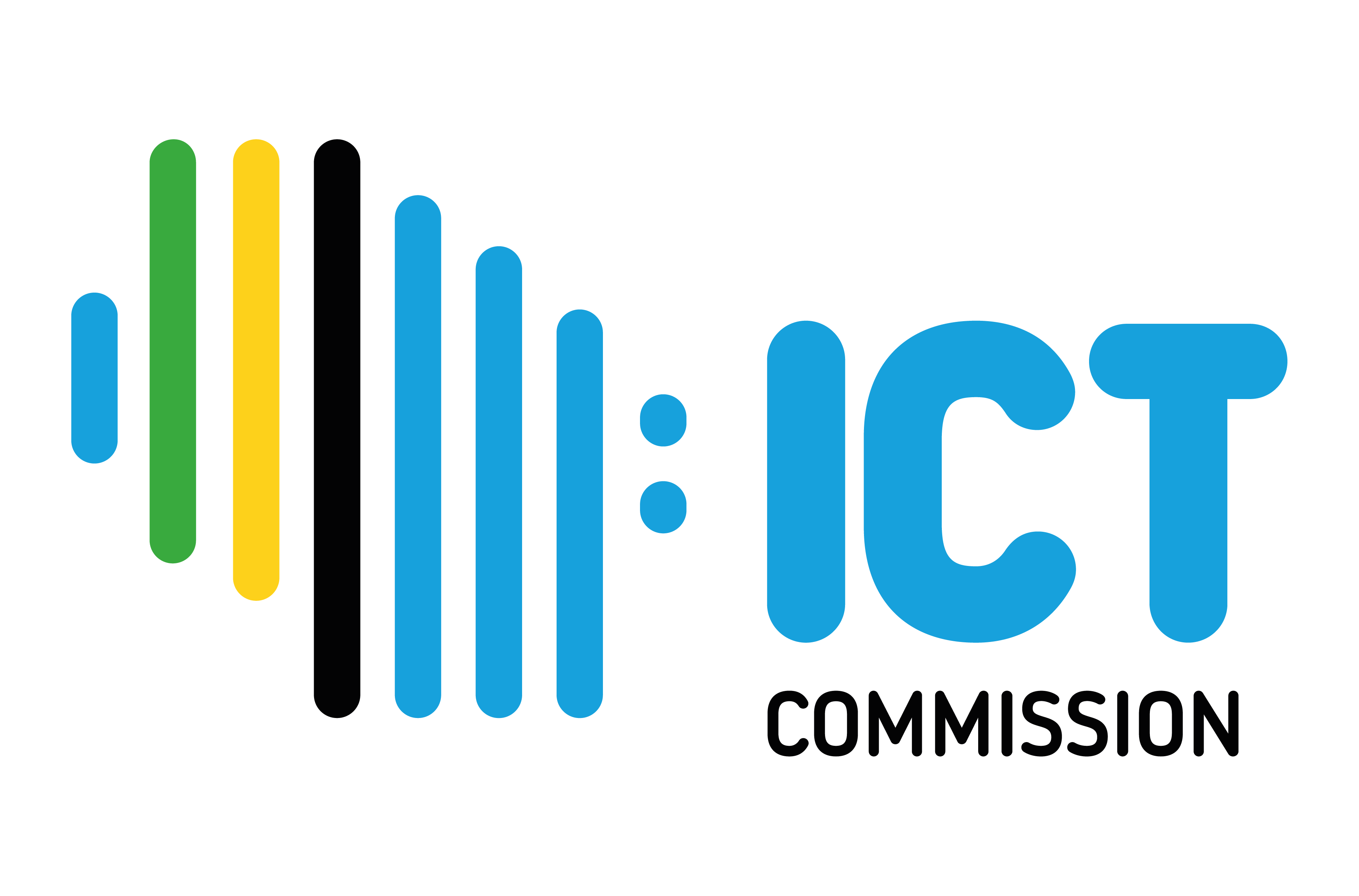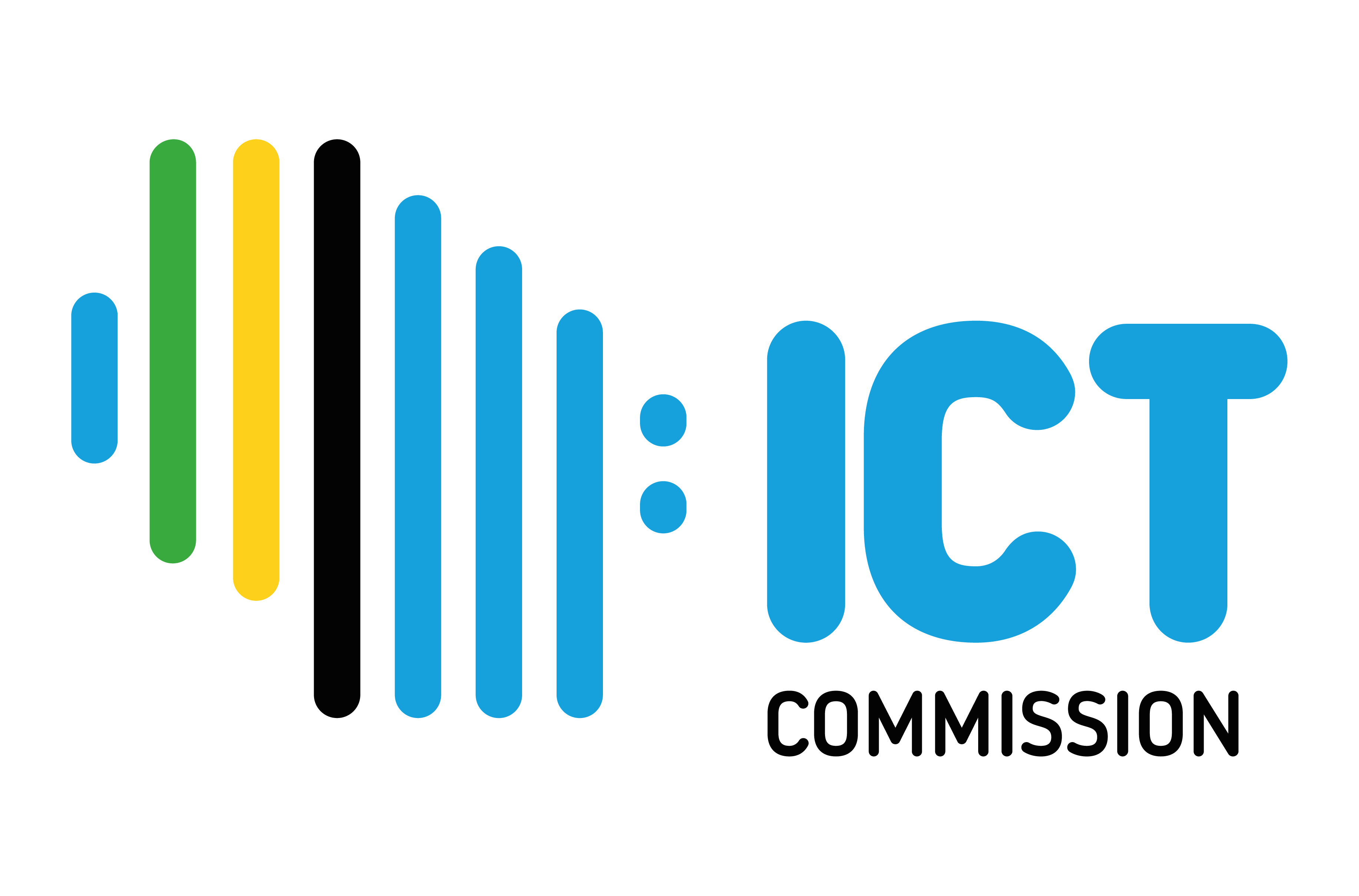UNESCO, ICTC set for Internet use assessment

AN Internet use census is soon taking off, the Information and Communication Technologies Commission (ICTC) said yesterday.
Dr Nkundwe Mwasaga, the director general, said yesterday that the study, titled as a national assessment of internet development in Tanzania and its impact in various areas, will take three months to complete.
Billed at $35,975.03 (83.78m/-), the project is part of the International Programme for the Development of Communication (IPDC) and the multi donor fund for freedom of expression and safety of journalists (MDP) project, supervised by the country office of the United Nations Educational, Scientific and Cultural Organisation (UNESCO), she said.
It will also help with assessing available internet connectivity and use as to its inclusiveness, how much it is contributing to various development initiatives, she said, noting the commission expects that the findings will help the commission to design robust strategies to promote growth of ICT.
The government and stakeholders are working to expand the network and internet access from 50 percent of the population to 80 percent by 2025.
ICTC and the UNESCO country office yesterday signed an agreement for cooperation to conduct the study, where UNESCO country representative Michel Toto said the study will be pegged on UNESCO internet universality indicators.
Internet universality national assessments are meant to share good practices in voluntarily assessing the internet environment at the national level, he stated. Tailored for national use, the indicator framework is designed to improve individual local internet environments by setting out achievements and gaps noticed in assessments. “Its purpose is therefore not to rank countries in comparison with one another,” he emphasised.
The project directly responds to an appeal by President Samia Suluhu Hassan for UNESCO to engage with local organisations in activating knowledge societies in the country, set out during a visit to UNESCO headquarters in the French capital of Paris mid-February last year, he specified.
The study similarly builds on the results of advocacy initiatives by various pace setters at the national level like Neema Lugangira (Special Seats-Kagera), to ensure that digital space in Tanzania is safe and inclusive for all, he elaborated.
The study will inform policy recommendations and practical initiatives enabling the country to improve its internet ecosystem as advanced ICTs evolve, he stated.
“Unique to Tanzania, the study can further guide us on how best Tanzania can benefit from promoting the use and visibility of Kiswahili in the digital space in Tanzania, the region and beyond,” he pointed out.
The MP, who chairs the African parliamentary network on internet governance, said that growth of the internet has a positive impact on many aspects of society, including education, the economy and personal communication.
More coordinated efforts are needed to ensure that digital space brings greater positive outcomes to people and the country, she stated.
The Tanzania Communications Regulatory Authority (TCRA) shows that Internet use in Tanzania has increased by 4.2 per cent from 29.8m cable users in 2021 to 31.1m by last September.
The rise in internet users indicates 17 per cent growth annually for five years from 2017 when the country had 16.1m internet users. The number had risen to 29.1m at the end of 2021.
Increased use of Kiswahili also explains the rise as Kiswahili content on the internet is increasing rapidly with applications in Kiswahili also on the increase. “This is due to efforts to spread use of Kiswahili internationally,” the TCRA report affirmed.
~Source : The gardian IPP Media


